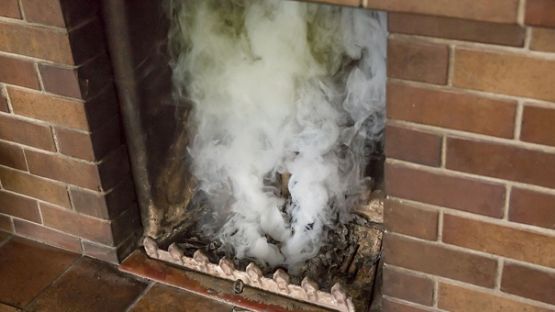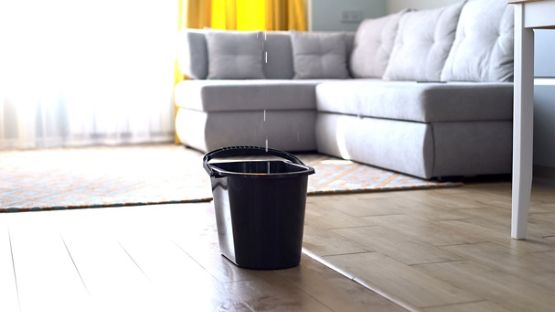As the holiday season approaches, it’s important to prioritize the safety of your cottage. From holiday fire safety for your cottage to preventing accidents during winter, taking precautions will help protect your property and loved ones. Whether you're staying at your cottage full-time or visiting for the holidays, these key safety tips will help ensure a safe and worry-free season.
Essential steps include kitchen safety, managing electrical hazards, and keeping exits clear for emergencies. Consider insurance for your cottage for even more protection.
Stay safe in the kitchen
With holiday meals being a big part of gatherings, kitchen safety is top of mind. When cooking for family and friends, spills and clutter can quickly create hazards. Be diligent about cleaning as you go, especially wiping up grease or oil to avoid the risk of a grease fire.
Holiday fire safety for your cottage begins in the kitchen. Keep oven mitts, parchment paper and plastic containers away from hot surfaces. Turn pot and pan handles toward the back of the stove to reduce the risk of them being knocked off, which can cause burns or start fires.
Manage tripping hazards indoors and outdoors
With extra guests in your cottage, tripping hazards can increase. Electrical cords, shoes, and bags quickly become obstacles. One easy solution is placing a plastic bin near the entrance for guests to store their belongings, keeping the entryway clear and organized.
Outdoor safety is equally important. Winter cottage tips include keeping walkways well-lit and clear of ice and snow. Salt walkways regularly, especially at night when frost builds up. Keeping paths clear will help prevent slips and falls, ensuring everyone’s safe arrival and departure.
Electrical safety and charging stations
Overloaded outlets or damaged cords can pose significant fire risks. During the holidays, cottages often see an increase in electrical usage with decorations and charging stations. Designate a safe charging area by using a power bar and unplugging it when not in use.
Before setting up holiday lights, inspect all cords and wiring for fraying or damage. Use outdoor-rated extension cords for outdoor displays and avoid overloading circuits. These steps can help prevent electrical fires and may even be required by some cottage or cabin insurance policies to minimize risks.
Christmas tree and holiday decoration safety
If you plan to have a live Christmas tree in your cottage, keep it well-hydrated to prevent it from becoming a fire hazard. A dry tree can catch fire in seconds if exposed to faulty wiring or overheated lights. To minimize the risk, buy your tree close to the holiday and water it daily.
Inspect your holiday lights before hanging them to ensure no wires are damaged. Replace worn-out lights and use clips instead of nails to avoid damaging the cords. These measures will help reduce the risk of fires and protect your cottage from seasonal dangers.
Keep exits clear
For emergencies, it’s important to keep exits clear and free of obstacles. Make sure hallways and doorways are clear of clutter, like packages, luggage, or decorations. For homes or cottages with a patio or back door, regularly clear snow or ice to maintain a secondary exit.
By following these safety tips for cottages, you can protect your property and loved ones while enjoying the holiday season. Prioritizing fire safety, managing electrical hazards, and maintaining safe walkways are not only essential for your family's safety but can also positively affect your insurance for your cottage. Taking these precautions will help ensure a secure and festive winter at your cottage!
Source:
Canada Safety Council – Have a Safe, Fire-Free Holiday













